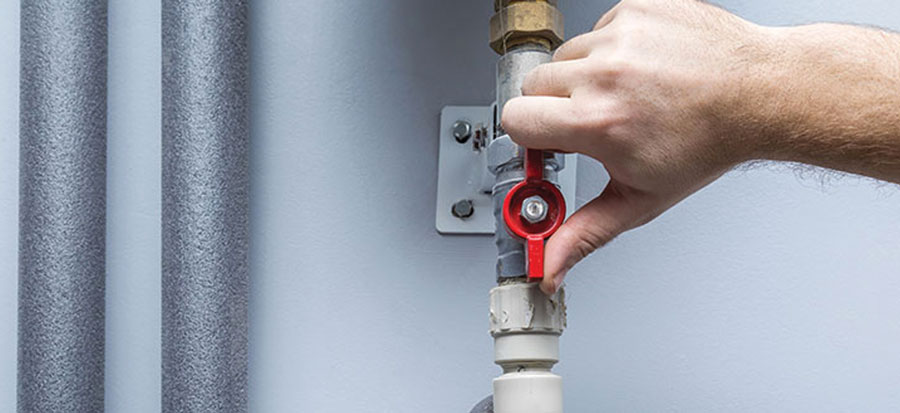FOR A FAST QUOTE CALL
0448 177 762FOR A FAST QUOTE CALL
0448 177 762
Gas leaks happen when the natural gas that powers your domestic gas appliances escapes from a damaged pipeline. Leaks can happen to anyone and are particularly common in homes where gas appliances have been poorly installed by non-professionals. It is imperative that you hire experts to install such appliances if you want to protect yourself, your family and your neighbours from the following dangers:
As you’re probably already well aware, one of the most significant dangers associated with natural gas is its potential to cause carbon monoxide poisoning. If a gas leak goes undetected and unaddressed for a prolonged period of time, carbon monoxide will start to accumulate in a person’s bloodstream, gradually depriving them of oxygen and causing significant tissue damage. Sometimes, carbon monoxide poisoning can lead to permanent neurological issues and even death.
Unfortunately, the symptoms of carbon poisoning are sometimes very subtle, particularly if exposure levels are relatively low. The most common sign of mild carbon monoxide poisoning is a tension headache. Other symptoms include nausea, vomiting, fatigue, confusion, stomach aches, dizziness, shortness of breath, and loss of consciousness. For this reason, carbon monoxide poisoning is often confused with influenza or food poisoning. It does not cause a fever, however, a factor which may help people to self-diagnose. If you or someone you live with develops the symptoms of carbon monoxide poisoning, it is important that you leave the property and ask a licensed gas fitter to check for any leaks.
Natural gas is very flammable (hence why it is so useful for powering ovens). When it is allowed to permeate throughout your home, therefore, significant explosions or fires can occur at the slightest spark from a lighter, cigarette or appliance. If you or your loved ones are present in the property at the time of ignition, you may sustain significant or even life-threatening injuries. You also stand to risk losing your property and many beloved possessions.
Natural gas leaks can sometimes permeate the soil around a property, causing plants to develop a condition known as chlorosis. This can lead to discolouration and the death of cells in the plant. If your plants start drying up despite regular watering, it is advisable that you test for the presence of carbon monoxide.
Many domesticated animals are even more susceptible to carbon monoxide poisoning than humans thanks to their smaller frames. Gas leaks affect most animals in a similar way to humans, causing lethargy, weakness, breathing problems, vomiting, seizures, and a loss of consciousness. If your pet starts to experience these problems, you should check your gas appliances for leakages immediately.
The natural gas used in homes contains methane, a greenhouse gas that is partly responsible for global heating and the ongoing climate crisis. Methane is much worse for the environment than carbon dioxide and represents a major concern for scientists around the world. When methane is allowed to leak into the atmosphere through damaged pipelines, it contributes to the so-called greenhouse effect and its knock-on effects including heat waves, droughts, and water shortages.
Clearly, gas leaks are very dangerous and should be fixed as soon as they are spotted. Generally speaking, gas leaks can be detected by often smelling like rotting eggs as chemicals known as mercaptans are usually added to the natural gas used in homes. You may also hear hissing coming from the appliance where gas is escaping. If you notice either of these signs, you must call in a professional gas fitter to deal with the problem immediately.
Unfortunately, natural gas is sometimes odourless, and its presence may not become obvious for a few hours or even days. If this is the case, you should look out for similar signs including the flame of your stove burning orange instead of blue or very high gas and electric bills. The best way to remain safe from gas leaks, however, is to install a carbon monoxide detector.
Address the issue immediately by vacating the premises and contacting a plumber to help fix the problem. Do not be tempted to address the leak on your own as this could make the situation worse and even lead to explosions. If you’re looking for a 24/7 local plumber to help in an emergency, look no further than Zabs Plumbing. We are committed to your safety and will address the situation in a speedy, professional fashion.